Intro
Learn about MMR immunization side effects, including common vaccine reactions, measles, mumps, and rubella symptoms, and rare adverse effects, to make informed decisions about vaccination and child health.
The MMR immunization, which protects against measles, mumps, and rubella, is a crucial vaccine for children and adults alike. It has been widely used for decades and has significantly reduced the incidence of these diseases. However, like any vaccine, it can cause side effects in some individuals. Understanding these side effects is essential for making informed decisions about vaccination.
The importance of the MMR vaccine cannot be overstated. Measles, mumps, and rubella are highly contagious diseases that can lead to serious complications, such as pneumonia, encephalitis, and even death. The vaccine has been instrumental in controlling outbreaks and preventing the spread of these diseases. Despite its effectiveness, some people may experience side effects after receiving the MMR vaccine. These side effects can range from mild to severe and may vary from person to person.
The MMR vaccine is generally considered safe, and serious side effects are rare. However, it is essential to be aware of the potential risks and benefits associated with the vaccine. This article will provide an in-depth look at the MMR immunization side effects, including common and rare side effects, and what to expect after receiving the vaccine.
Common Side Effects of MMR Immunization
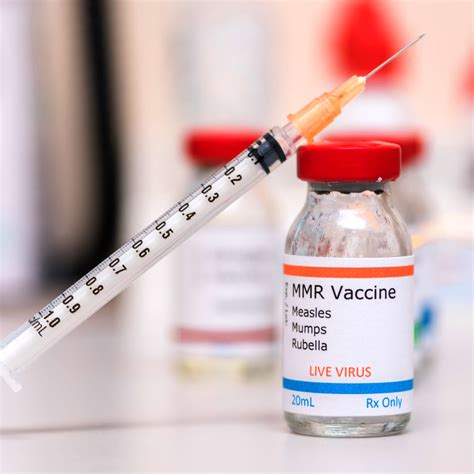
The most common side effects of the MMR vaccine are mild and temporary. They may include:
- Pain, redness, or swelling at the injection site
- Fever
- Headache
- Fatigue
- Dizziness
- Nausea and vomiting
- Diarrhea
- Abdominal pain These side effects usually resolve on their own within a few days and do not require medical attention.
Rare but Serious Side Effects
In rare cases, the MMR vaccine can cause more serious side effects, such as: * Allergic reactions, including anaphylaxis * Seizures * Encephalitis (inflammation of the brain) * Guillain-Barré syndrome (a rare autoimmune disorder) * Thrombocytopenia (low platelet count) These side effects are extremely rare and typically occur within a few weeks of vaccination.Long-Term Side Effects of MMR Immunization
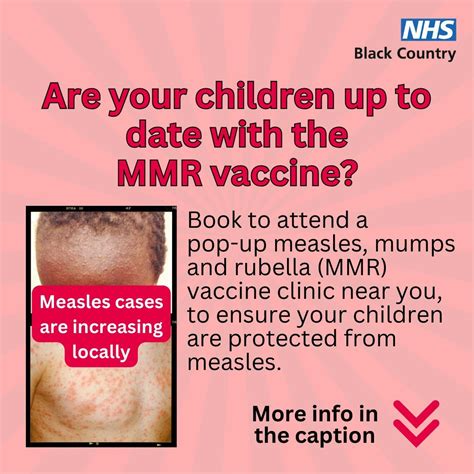
Some people may be concerned about the potential long-term side effects of the MMR vaccine. However, numerous studies have shown that the vaccine is safe and does not increase the risk of long-term health problems. In fact, the benefits of the MMR vaccine far outweigh the risks, and it has been instrumental in preventing the spread of measles, mumps, and rubella.
MMR Vaccine and Autism
One of the most common misconceptions about the MMR vaccine is that it causes autism. This myth originated from a now-discredited study published in 1998, which suggested a link between the MMR vaccine and the development of autism. However, numerous subsequent studies have failed to replicate these findings, and the scientific consensus is clear: there is no link between the MMR vaccine and autism.Who Should Not Receive the MMR Vaccine?
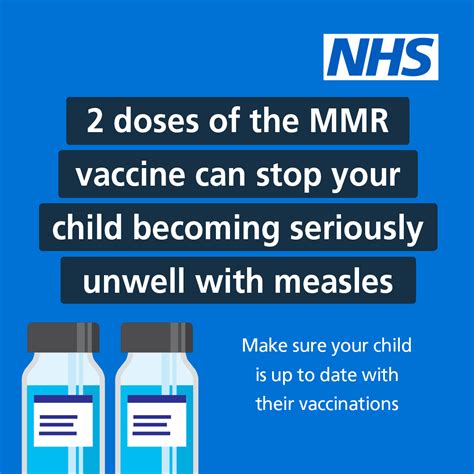
While the MMR vaccine is generally safe, there are certain individuals who should not receive it. These include:
- People with a history of severe allergic reactions to the vaccine or its components
- Those with a weakened immune system, such as individuals with HIV/AIDS or cancer
- Pregnant women
- People with a history of thrombocytopenia or other bleeding disorders It is essential to consult with a healthcare provider before receiving the MMR vaccine, especially if you have any underlying medical conditions or concerns.
MMR Vaccine Administration
The MMR vaccine is typically administered in two doses, with the first dose given at 12-15 months of age and the second dose at 4-6 years of age. The vaccine can also be given to adults who have not been previously vaccinated or who are at high risk of exposure to measles, mumps, or rubella.Benefits of MMR Immunization
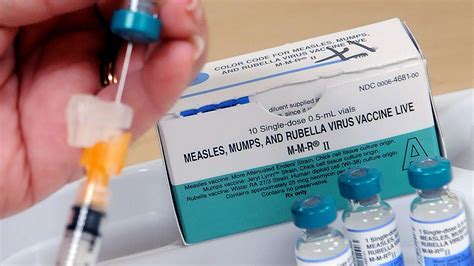
The benefits of the MMR vaccine are numerous and well-documented. By receiving the vaccine, individuals can:
- Protect themselves against measles, mumps, and rubella
- Prevent the spread of these diseases to others
- Reduce the risk of complications and long-term health problems
- Contribute to herd immunity, which helps to protect vulnerable individuals who cannot receive the vaccine
MMR Vaccine Effectiveness
The MMR vaccine is highly effective in preventing measles, mumps, and rubella. According to the Centers for Disease Control and Prevention (CDC), two doses of the MMR vaccine are approximately 97% effective in preventing measles, 88% effective in preventing mumps, and 95% effective in preventing rubella.Conclusion and Next Steps
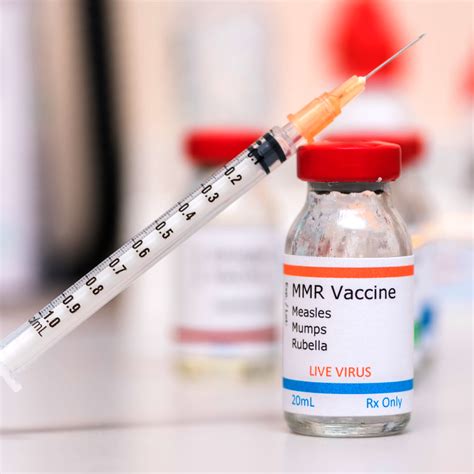
In conclusion, the MMR vaccine is a safe and effective way to protect against measles, mumps, and rubella. While it can cause side effects in some individuals, the benefits of the vaccine far outweigh the risks. By understanding the common and rare side effects of the MMR vaccine, individuals can make informed decisions about vaccination and take steps to protect themselves and their loved ones against these serious diseases.
We encourage you to share your thoughts and experiences with the MMR vaccine in the comments below. If you have any questions or concerns, please do not hesitate to reach out to a healthcare provider. Together, we can work to prevent the spread of measles, mumps, and rubella and promote public health and well-being.
What are the most common side effects of the MMR vaccine?
+The most common side effects of the MMR vaccine are mild and temporary, and may include pain, redness, or swelling at the injection site, fever, headache, fatigue, dizziness, nausea and vomiting, diarrhea, and abdominal pain.
Is the MMR vaccine safe for pregnant women?
+No, the MMR vaccine is not recommended for pregnant women. Pregnant women should consult with their healthcare provider before receiving any vaccine.
Can the MMR vaccine cause autism?
+No, there is no scientific evidence to support the claim that the MMR vaccine causes autism. Numerous studies have shown that the vaccine is safe and does not increase the risk of autism or other long-term health problems.
How effective is the MMR vaccine in preventing measles, mumps, and rubella?
+The MMR vaccine is highly effective in preventing measles, mumps, and rubella. According to the CDC, two doses of the MMR vaccine are approximately 97% effective in preventing measles, 88% effective in preventing mumps, and 95% effective in preventing rubella.
Who should not receive the MMR vaccine?
+People with a history of severe allergic reactions to the vaccine or its components, those with a weakened immune system, pregnant women, and people with a history of thrombocytopenia or other bleeding disorders should not receive the MMR vaccine.
